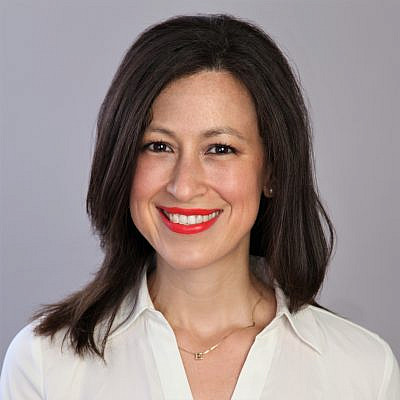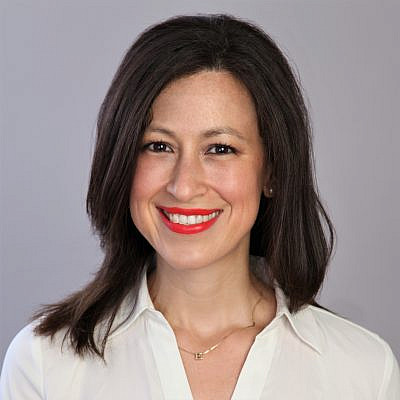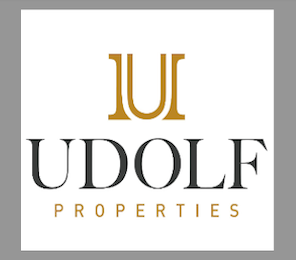
By Eleanor Krasne
(JNS) Feb. 13, 2023 marked the anniversary of Ilan Halimi’s death. Halimi, a 23-year-old French Jew, was captured, tortured and held for ransom by a French gang appropriately named The Barbarians, led by a self-professed Islamic radical.
As a Jew living in Paris, I have been disappointed by the memorials and attempts to honor the victim of one of France’s most vicious antisemitic hate crimes, as they all ignore the role radical Islam played in Halimi’s murder.
In Jan. 2006, Halimi was kidnapped and burned with cigarettes and acid while his captors repeatedly called his family, read Quranic verses and demanded a 450,000 euro ransom.
The gang members later confessed that they believed “all Jews to be rich,” which is why they demanded the money. Little did they know that Halimi lived in the same suburbs as some of his captors and, like many French Jews, belonged to a working-class family of North African Jews.
After three weeks of torture, Halimi’s captors burned him alive and dumped his body on a roadside. He was found alive, with his body disfigured by acid burns, an ear and toe cut off and his genitals mutilated. Halimi died in the hospital on Feb. 13, 2006.
The French authorities initially neglected to explore the antisemitic nature of the crime, but after a three-week search, they finally caught the gang’s leader, Youssef Fofana.
When the case went to trial, Fofana wore a t-shirt that said, “Allahu Akbar” and when asked to state his identity, said, “My name is Arab, armed African rebellion Salafist barbarian army, and I was born on Feb. 13, 2006 in Sainte-Geneviève-des-Bois.” In other words, Fofana boasted of his allegiance to Salfismn, a political-religious movement within Islam that seeks to establish a global caliphate. It is the ideology behind the antisemitic Muslim Brotherhood and ISIS. Fofana was also saying that he was “born” the moment Ilan Halimi died.
Fofana was sentenced to life in prison and the other gang members to 12-15 years. But violent antisemitic attacks have not slowed down since.
In 2012, a Jewish preschool in Toulouse was the target of a series of Islamic terror attacks. In 2015, Amedy Coulibaly, who had pledged allegiance to the Islamic State, murdered four innocent Jews in the kosher supermarket HyperCacher. In 2017, Sarah Halimi (no relation to Ilan Halimi), an elderly doctor, was shoved off a balcony while her murderer shouted “Allahu Akbar.”
To be clear, Muslims are not solely responsible for French antisemitism, nor is every Muslim an antisemite. However, radical Islam’s role in French antisemitism must not be overlooked. Yet many organizations do just that.
French and American organizations that purport to advocate for Jews seem to shy away from confronting the radical Islamic theology behind these attacks, particularly when commemorating Ilan Halimi’s murder.
For example, to mark the anniversary of Halimi’s death, the European Jewish Congress tweeted, “Today marks 17 years since the horrific murder of 23-year-old French Jew, Ilan Halimi. He was tortured for three weeks and ultimately killed simply for being Jewish. May his memory be a blessing.”
The tweet omitted the fact that his killers were Islamic extremists, even though Islamic antisemitism was clearly a significant factor in Halimi’s murder.
Similarly, the Conseil Représentatif des Institutions Juives de France tweeted, “17 years later, we remember. Abducted and tortured for more than three weeks, Ilan Halimi was found on February 13, 2006. He died while in the hospital. Murdered for being a Jew, Ilan will forever be remembered.”
Again, no mention of the killers’ allegiance to radical Islam.
Americans are no better. The Anti-Defamation League’s description of Ilan’s mother Ruth Halimi’s book does not mention radical Islam, nor does ADL CEO Jonathan Greenblatt’s letter on Aish, a Jewish educational website.
Confronting modern-day antisemitism in France means confronting the ideology behind it. France is home to 450,000 Jews and a growing community of over three million Muslims. Simone Rodan Benzaquen, the American Jewish Committee’s Director in France, wrote in 2017 that Islamic antisemitism in France is a result of a variety of factors, “including manipulation of the Palestinian cause, failure of integration into French society, radical preachers and the funding of mosques, and satellite television stations broadcasting a steady stream of antisemitic discourse.”
Unfortunately, Benzaquen is correct, and other organizations must join her in facing the reality of Islamic antisemitism in France.
Nearly 20 years after Ilan Halimi’s gruesome murder, it is unclear what progress France has made in confronting contemporary antisemitism with intellectual honesty and courage. But as with all problems, the solution begins with telling the truth.
Eleanor Krasne is a visiting fellow at the Independent Women’s Forum. She is a policy consultant based in Paris and has an MA in Jewish history from the University of Chicago.
Main Photo: Eleanor Krasne








 Southern New England Jewish Ledger
Southern New England Jewish Ledger









